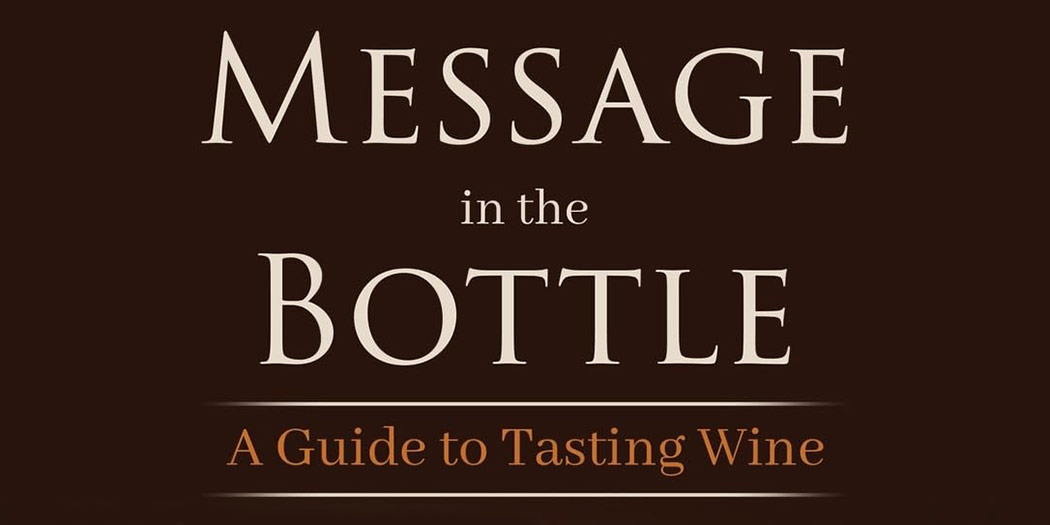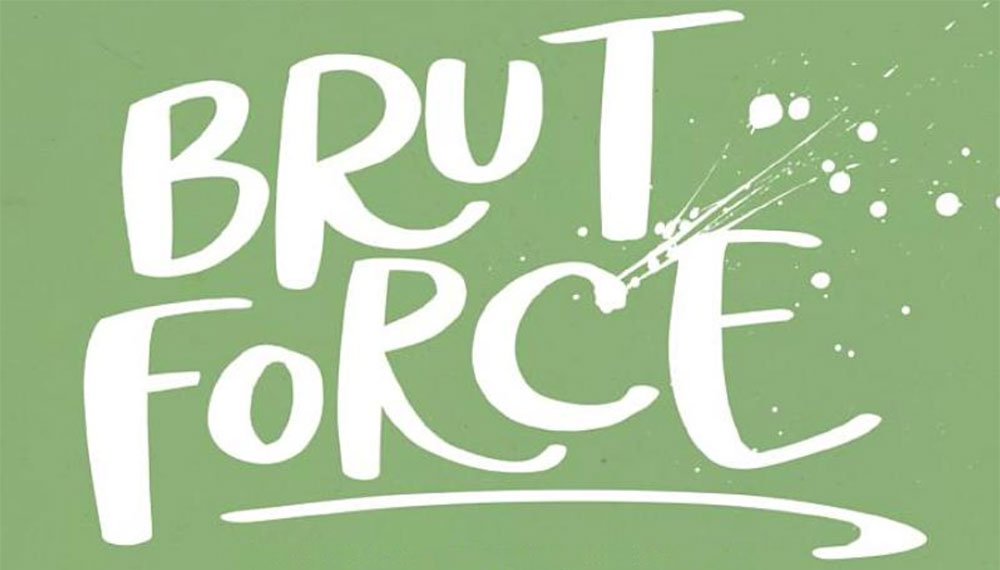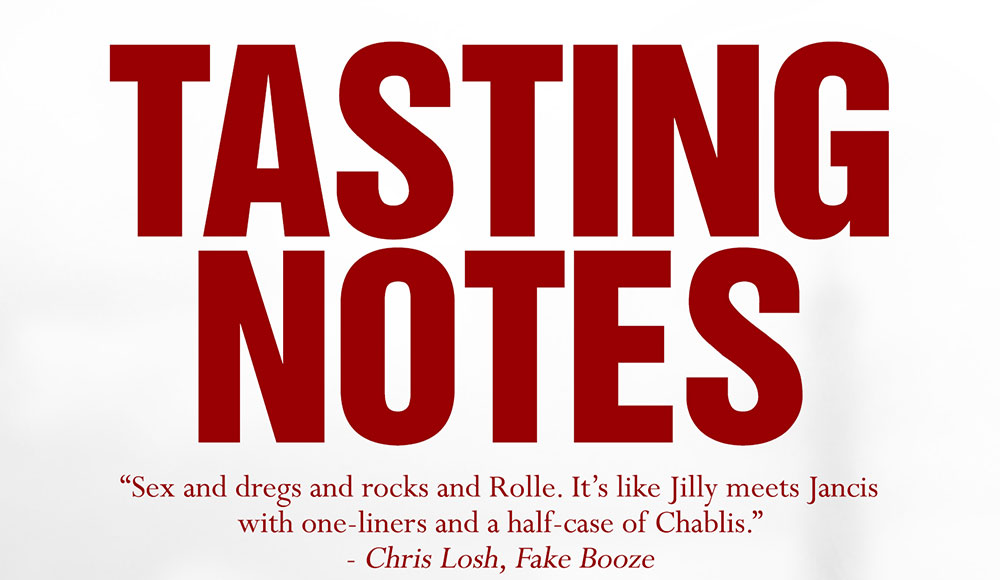If you’re someone studying how to blind taste of wine, or just happen to be casually fixated on the subject (surely there must be a few?) then it’s never been a better time to be alive as there are not one, not two, but three very solid reference books on the subject.
First there’s the “The Concise Guide to Wine & Blind Tasting” by Neel Burton which was then followed by Nick Jackson’s “Beyond Flavour“. Now, both of these have been joined by Tim Gaiser’s opus on the subject entitled, “Message in the Bottle“.
The non-fixated among us might be asking, “But do we really need three books on such a niche, curious corner of the wine world?” to which I say, the more, the better.
The reason being that there really isn’t a one-size-fits-all solution to learning how to taste, analyze, and identify wines blind. It’s a very personal process for people to arrive at and so as many potential paths that can be opened up on this subject will only benefit those pursuing it.
Despite having studied blind tasting for exams and tasting and scoring wines by the thousands on this site, I still found something to take away from each of these books. Burton’s gives a passionate take working from the ground up as someone who loves wine and learned how to taste outside the traditional Master of Wine or Master Sommelier systems. Jackson on the other hand worked completely within these system of the MW to then take a number of concepts others have been mulling to focus on the more finite aspects of wine that eschew flavor.
And now there’s Gaiser’s book which, if anyone has been studying for exams, then they should already be aware of his very informative website where he worked out a lot of the portions of this book before putting it all into a singular text. Thus, one might ask, “Why should I buy the book if much of his 30 years of teaching wine tasting in on his website?” The simple answer is that the book is very well formed and massaged into a shape to take people on this journey.
This is where Gaiser’s strongest suite comes through in that you can readily tell he isn’t just someone passionate about wine, but also someone who has taught thousands of people on the subject before as he seems to have an answer for everything you might run into while learning. One of the more interesting aspects I came across in the book was how to block out dominant aspects in wines in order to get at those hidden underneath. This is quite a trick as some wines can just punch you in the face and leave you out in the street due to how one dimensional they initially seem.
The “Evil Dwarves” made a solid appearance on the web initially and it was great to see this subject expanded upon in the book. For those unfamiliar with this concept (which I think Gaiser very aptly named) it’s given to the various grape varieties that can seem like one another and, when sitting an exam, will make you go bonkers. In fact, the exams usually thrive in putting these to people as they fully test your training. Gaiser not only outlines which ones these are, but also gives a lengthy description on how to discern them from one another, for each variety. This is no end of useful.
Also, his section on tasting in pairs to show differences is really keen as well with a great many examples as there’s no way to understand what defines a wine better than tasting it with another which massively contrasts it.
There are endless examples like these and it’s why it’s such a holistic and essential text that anyone should have who is practicing blind tasting. The Kindle edition at $10 USD is a real steal, although I feel the paper version might be a bit more friendlier as it allow one to add notes, tag pages to come back to, and flip around better than the digital option.
Is there any weakness to the book? About the only item would be markers that identify specific years in specific regions, but that’s a book unto itself I think. Otherwise there’s nothing else I could really find as it’s clear that Gaiser has honed this over many years. But, that’s not to say one shouldn’t get the Burton and Jackson books as well as, like I said, there’s something to take away from all of them, but if you buy just one, then Gaiser’s book would probably be the choice to make.
If only this set of books was around 15 years ago when I got started on all this madness, I probably would have gotten a lot further, a lot faster. I envy people who are starting now with such riches at their disposal!
★★★★★
Review copy provided by the author
Please also see the Complete List of Wine Book Reviews



